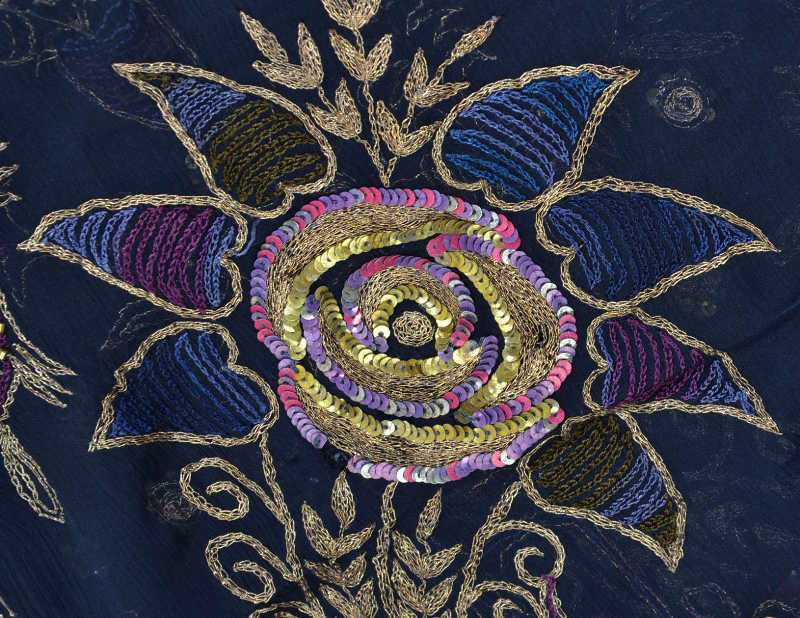===
0483,
2
===

=== |
 |
FWP:
SETS
MOTIFS
NAMES == NIGHTINGALE
TERMS == COINCIDENCE; GHAZAL; REPLY; SATIRE; THEMEAnd let's not overlook a most conspicuous instance of wordplay: diyaa kare hai , 'always gives', has been carefully framed to include diyaa , a common word for a lamp (see the definition above).